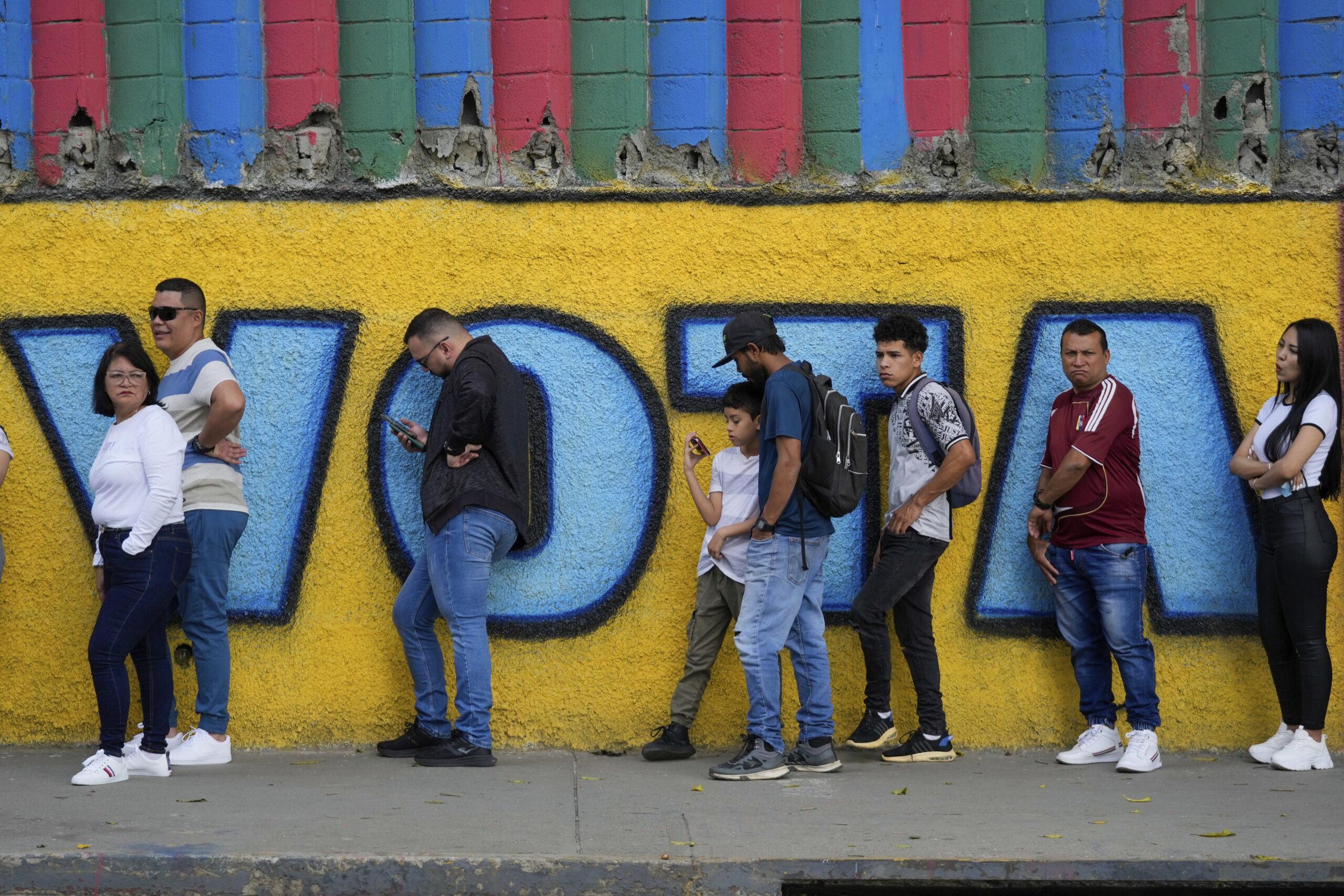
By The newspaper
28 Jul 2024, 13:29 PM EDT
Elections in Venezuela began this Sunday at 6:00 am local time, in an unprecedented contest in which Edmundo González, a candidate backed by leader María Corina Machado, will seek to end 25 years of Chavismo and prevent Nicolás Maduro from assuming his third term.
Although it is estimated that more than 21 million people are eligible to vote, out of a total population of 30 million, due to the severe political, social and economic crisis that has hit the country in the last decade and has caused mass migration, it is expected that only about 17 million Venezuelans will be able to vote.
Polling stations are scheduled to close at 6:00 p.m. local time, although this time could be extended if the total number of voters in the polling stations have not yet cast their ballot.

Maduro, who has been president of the South American country since 2013, is seeking a third six-year term amid an acute economic and humanitarian crisis that has seen 8 million Venezuelans migrate around the world.
Former diplomat Edmundo González Urrutia, 74, who until recently was unknown, will represent the Democratic Unity Roundtable (MUD), supported by opposition leader María Corina Machado, who was disqualified from running.
Maduro warned of a “bloodbath” if he lost
Amid doubts about the legitimacy of the process, led by the CNE supported by Maduro, the current president of Venezuela warned that an opposition victory could lead to a “bloodbath.” These statements reverberated throughout the international community, and generated criticism from several international leaders, including his ally, the president of Brazil, Luiz Inácio Lula da Silva, and Gabriel Boric, the leftist president of Chile.
“I recognize and will recognize the electoral referee, the official bulletins and I will ensure that they are respected,” said Maduro after voting this morning.
Observers from the Carter Center, among others. However, the government cancelled the invitation to a mission from the European Union (EU) and prevented the entry into the country of European parliamentarians and former Latin American presidents and parliamentarians, most of whom had been invited by the opposition.
With information from Deutsche Welle
